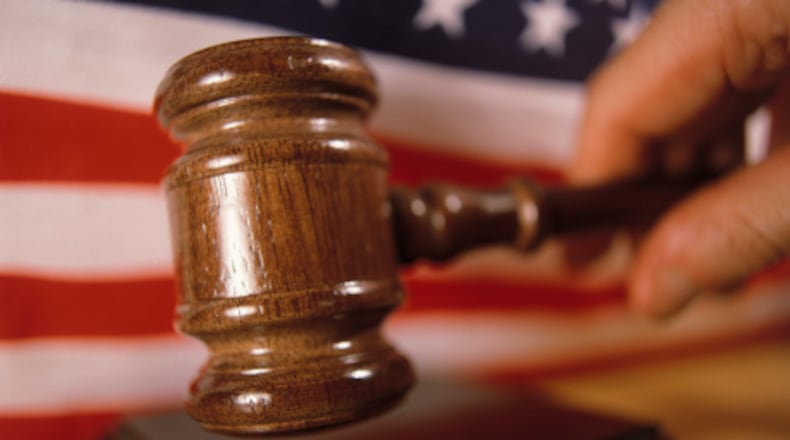Wright State works with Kettering Health, among other hospitals, to place residents. Wright State said last year that residents had to abide by the rules of their hospital’s residency program.
“We would be remiss not to acknowledge the predicament Bobay faced. Bobay’s refusal to comply with a vaccination mandate that he believed violated his religious belief had him on the brink of termination,” wrote senior Judge Ronald Lee Gilman, Judge John K. Bush and Judge Chad A. Readler, sixth circuit court judges who decided the case.
Ultimately, though, the judges said there is no legal standing to require others to pay Bobay’s fees.
Thomas W. Connors of Canton, Bobay’s attorney for both the initial lawsuit and the appeal, said he was about to be terminated from the program when a federal judge, Walter Rice, granted a temporary restraining order to stop Bobay from being terminated. Kettering Health later accepted the exemption and the case was settled out of court.
In an exemption form dated Aug. 14, 2021, Bobay wrote, “It is my deeply held religious belief not to get the COVID-19 vaccination. Any further questions will be directed to my lawyer.”
He later submitted additional information on Nov. 11, 2021, citing the use of fetal cells in the creation of some of the COVID-19 vaccines and his belief, “my body is the Temple of the Holy Spirit based on John 14:15-18 …”
The Centers for Disease Control and Prevention has said the vaccines available against COVID-19 do not contain any aborted cells.
The U.S. Conference of Catholic Bishops said in March 2021 that concerned Catholics should choose Moderna or Pfizer vaccines over Johnson & Johnson, when possible, because the Johnson & Johnson vaccine did use fetal cells collected from procedures in 1985 and 1973 to create the vaccine. But the Pfizer and Moderna vaccines did not use aborted cells in any part of the process to create them.
Kettering Health said in a denial on Dec. 2, 2021, that Bobay did not meet the exemption, “because your stated reasons for requesting an exemption do not meet the standard for a religious exemption.”
Rice said during his ruling granting the temporary restraining order, “I’m fairly certain the law does not require the person seeking the religious exemption to prove by any standard of proof the sincerity of his request.”
About the Author

